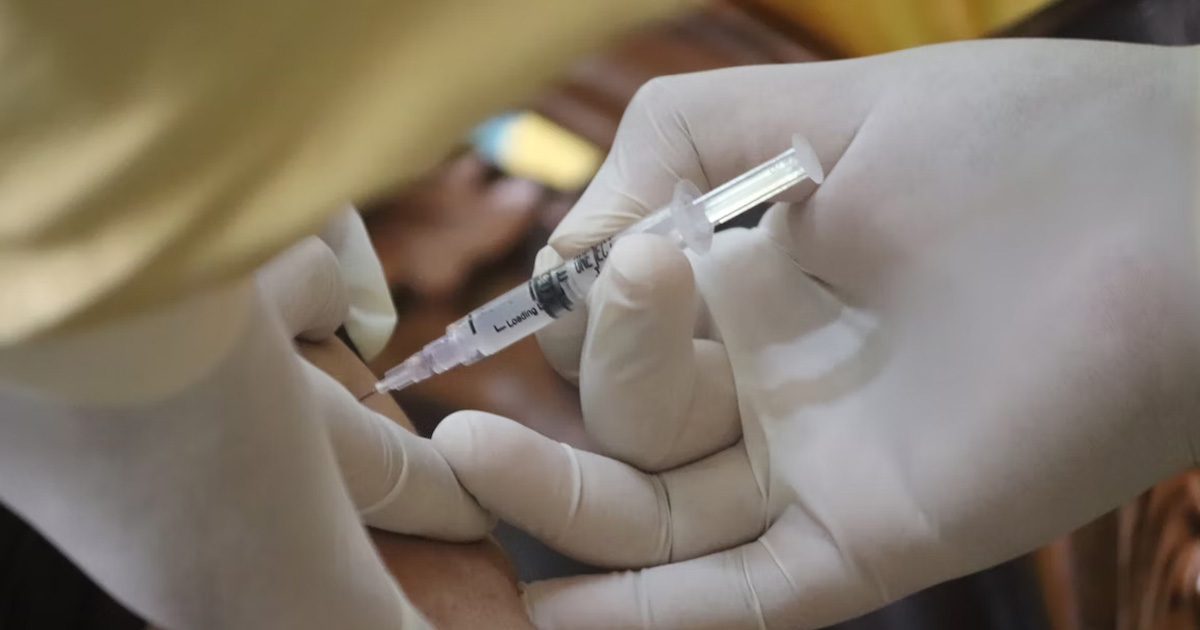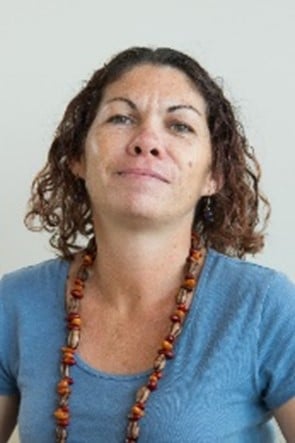Search

We are looking for healthy young adults to take part in a study that will help us learn more about a new pertussis vaccine that we hope will offer greater protection from whooping cough.
This is your chance to play a vital role in shaping Australia's COVID-19 vaccine program

Contact us If you'd like to get in touch, please contact us by phone or email. Phone: 0400 450 240 Email: rhyme@telethonkids.org.au Background The
Coming up in 2021 Contact us We have a a study to suit every age range in 2021! From babies at just six weeks for the FluBub Study, through to
Update on pneumococcal and meningococcal vaccine research

Noeletta McKenzie is a Champion for Change, RHDAustralia, and community representative and advocate for the START study.

Liana’s story begins nine years ago. It starts with a sore ankle, a fever, a trip to the emergency room and clinic and finally a diagnosis of acute rheumatic fever (ARF).

News & Events
Old, painful rheumatic heart disease treatment could be phased outAn international trial reveals 95% of rheumatic heart disease patients prefer less painful penicillin injections under the skin, aiming to improve treatment adherence.

News & Events
Unified response critical to address spread of ‘flesh eating’ bacteriaA surge in invasive group A streptococcal reports in Australia has prompted The Kids Research Institute Australia researchers to call for a unified national public health response, with cases tipped to increase.

News & Events
Study suggests flu vaccine may take edge off RSV casesA The Kids Research Institute Australia study has suggested the seasonal flu vaccine for children could also protect them from respiratory syncytial virus (RSV), with the dual benefit easing pressure on hospitals.
